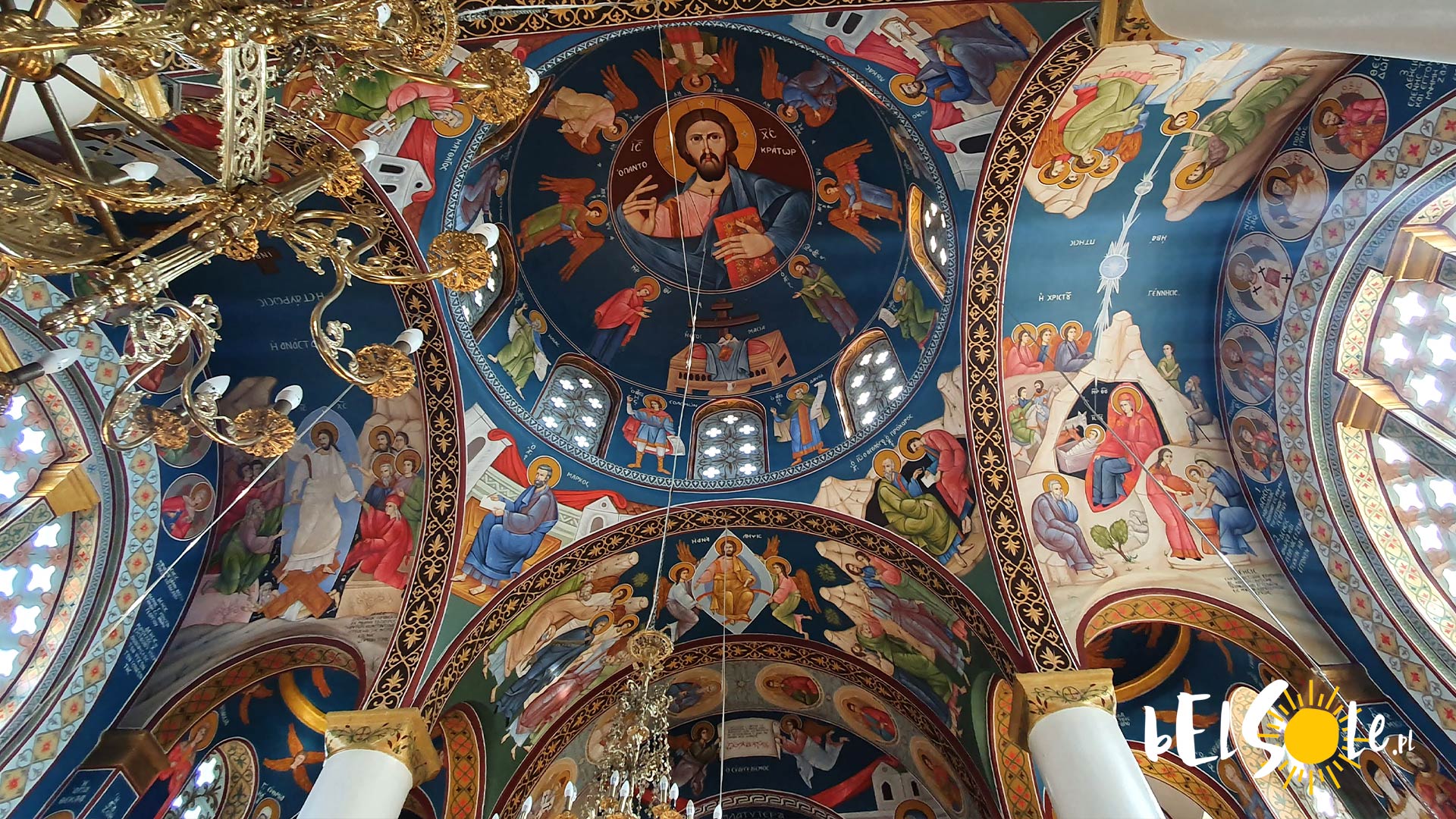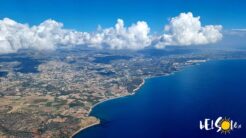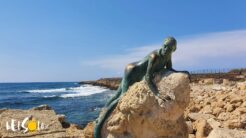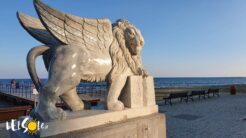The date of Easter in Cyprus is established according to the cycle of the moon – it always falls on the first Sunday after the first full moon post-vernal-equinox. In 2024, it’s going to be on the 5th of May. But how is Easter celebrated in Cyprus? What do Cypriots do and eat on this occasion?
Rose petals for good luck
On Good Friday, Cypriots bring various flowers to church from early morning, including fragrant roses. Young girls decorate the symbolic tomb of Jesus with them. Tradition dictates that at least several churches should be visited on this day. At each one, one must kiss the epitaph and take one rose petal for luck.
Red eggs
Cyprus also has a tradition of painting eggs, though here they’re red, as that’s the colour of Jesus’ blood. On Easter Sunday, Cypriots tap their eggs with their loved ones. The shell symbolises the tomb of Jesus and its breaking is like a resurrection.
Burning of Judas
Easter Sunday after dark is a time when Cyprus literally begins to glow. Huge effigies, referred to as pyres of Judas, burn in the squares in front of the Orthodox churches. Every year, crowds gather to admire the work of people who prepare these pyres, as it’s no easy ordeal.
Teenagers search every field, neighbourhood and even old warehouses to find flammable material. Old furniture and tree branches – anything to make the pyre as tall as possible – are brought to the bonfire. It’s not just the gathering that is labour-intensive. The local boys compete to win the title of builder of the tallest bonfire.
Fun on Easter Sunday
Easter Sunday is a time for grouping with family and friends, playing and eating together. People bring out their barbecues and grill lambs for the occasion.
People hug and greet each other with the words “Christos Anesti!” (Christ is risen!). The response is: “Alithos Anesti” (He is truly risen!).
The social gatherings are also accompanied by traditional games. For instance, you have egg races, i.e. who will be the first to run to the finish line and not drop an egg placed on a spoon held in the mouth. There are also sack races, meaning racing to the finish line in an empty sack of potatoes, tug-of-war and traditional dances.
Easter treats
On Maundy Thursday in Cyprus, you can smell the aroma of baked cakes. Grandmas prepare flaounes, meaning buns made of shortbread dough with cheese, egg and mint, moulded into triangular and square shapes. There are also tiropitas, meaning pastry topped with small pieces of cheese and wrapped with sesame seeds. Finally, there is also koulouri.
See also:






